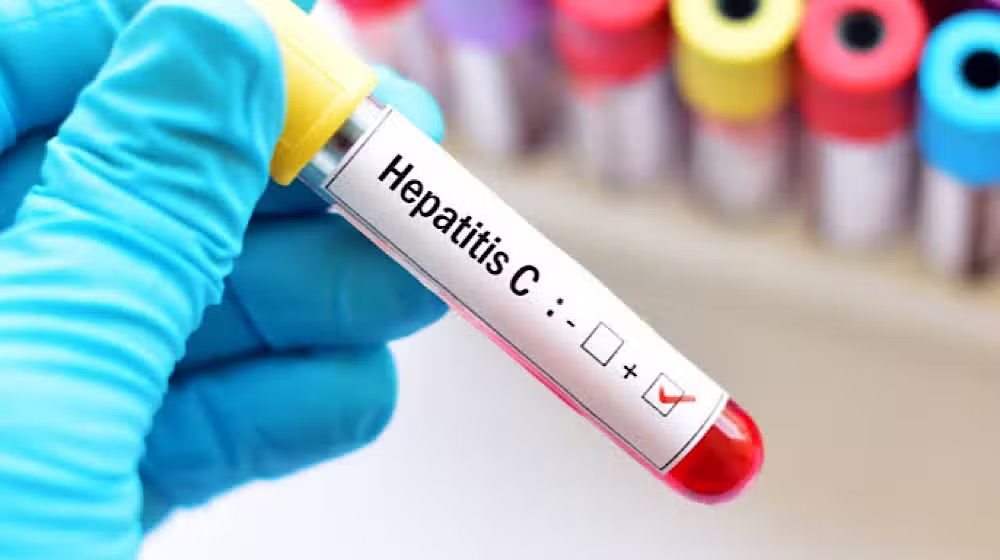Dr. Malik Mukhtar Ahmad Bharath, Coordinator to the Prime Minister on Health, revealed on Saturday that Pakistan has the highest number of hepatitis C patients globally, with 10 million cases out of the total 60 million worldwide. This alarming statistic positions Pakistan as a critical player in the global effort to eliminate hepatitis C.
During a seminar hosted by the Health Foundation on hepatitis elimination, Dr. Bharath stressed the urgent need for immediate action to address this health crisis. He warned that if left unchecked, Pakistan could see over 11 million hepatitis C cases by 2035, along with more than 500,000 cases of liver cirrhosis, over 100,000 liver cancer cases, and approximately 130,000 deaths.
Dr. Bharath also highlighted the economic impact, noting that Pakistan could face an annual economic loss of $285 million due to hepatitis C. As of 2021, only 16% of hepatitis C patients in Pakistan had received treatment, mainly due to limited access to testing and treatment services.
READ MORE: Punjab Winter Vacations End on January 10, No Extension
In response to the growing crisis, the federal government, alongside provincial authorities, has launched the Prime Minister’s Programme for the Elimination of Hepatitis C. The initiative will allocate Rs34.15 billion over the next three years, with a total funding of Rs67.77 billion, including provincial contributions.
Dr. Bharath commended ongoing efforts, including the creation of a National Technical Advisory Group (TAG), development of strategic frameworks, and the availability of affordable Direct-Acting Antivirals (DAAs). He emphasized the need for expanded vaccination, screening, testing, and treatment programs nationwide.
Despite progress, Dr. Bharath underscored the need for further technical and financial support to scale up these efforts. He called for detailed plans, enhanced monitoring, better healthcare systems, trained healthcare workers, and improved logistics and software systems.
The program aims to screen, test, and treat 50% of the eligible population over the next three years, with the goal of achieving global hepatitis C elimination targets by 2030. Dr. Bharath also called on international partners to support Pakistan in reaching 100% coverage, emphasizing the importance of global collaboration in eradicating hepatitis C.



